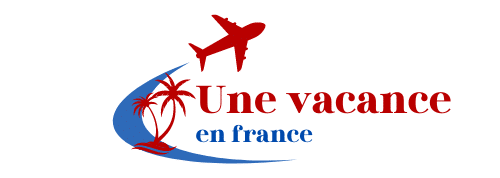unevacanceenfrance
Actu
Quelles sont les formalités pour un stage de poterie traditionnelle en Corée du Sud ?
L’art de la poterie est une forme d’expression culturelle qui traverse les siècles. Il reflète la créativité, l’habileté et l’identité d’une communauté ou d’un pays....
Lire la suite
Bon plan
Quelles sont les meilleures options pour une safari en montgolfière au-dessus de la savane Tanzanienne ?
Vivez la Tanzanie comme jamais auparavant : en montgolfière Avant de vous lancer dans cette aventure, il est essentiel de...
Lire la suite
Comment vivre l’expérience d’une nuit sous les étoiles dans le désert de Wadi Rum ?
Préparez votre voyage dans le désert de Wadi Rum L’expérience commence bien avant d’arriver dans le désert de Wadi Rum....
Lire la suite
Où peut-on faire de l’escalade sur glace en Norvège pour les débutants ?
Bienvenue dans l’univers glacé de l’escalade sur glace en Norvège. Si vous cherchez à échapper aux sentiers battus, vous êtes...
Lire la suite
Camping
Croisière
Quelles croisières offrent des explorations des cultures ancestrales des îles de Micronésie?
Dans l’immensité bleue du Pacifique, les îles de la Micronésie, éparpillées comme des perles de nacre sur le velours de l’océan, sont une invitation à...
Lire la suite
Location
Quelle villa à Ibiza offre des sessions de DJ privées et une piscine avec vue sur la mer?
Lorsque vous pensez à Ibiza, vous imaginez sans doute un ciel ensoleillé, des plages de rêve, une ambiance festive sans...
Lire la suite
Comment choisir une maison de vacances en Gascogne avec dégustation d’Armagnac et visite de chais?
Prenez place, fermez les yeux et imaginez-vous dans le cœur du Gers, en Gascogne. Les vignobles s’étendent à perte de...
Lire la suite
Où loger pour une expérience de vie dans une ferme pédagogique biologique en Ardèche?
Vous rêvez d’une parenthèse enchantée loin du tumulte de la vie citadine? Et si vous vous immergiez au cœur de...
Lire la suite
Tourisme
Vacance
Où observer la floraison des cerisiers en dehors de Tokyo ?
Il est indéniable que le Japon est connu dans le monde entier pour sa culture riche et diversifiée. Par-dessus tout,...
Lire la suite
Quels sont les meilleurs itinéraires pour un road trip à moto dans les Alpes suisses ?
Amoureux de la moto, passionnés de sensations fortes et de paysages grandioses, cet article est pour vous. Vous rêvez de...
Lire la suite
Comment préparer un périple à travers le désert du Thar en Inde ?
L’Inde, pays de contrastes et de couleurs, a souvent été décrite comme un véritable kaléidoscope de cultures, de parfums et...
Lire la suite
Voyage
